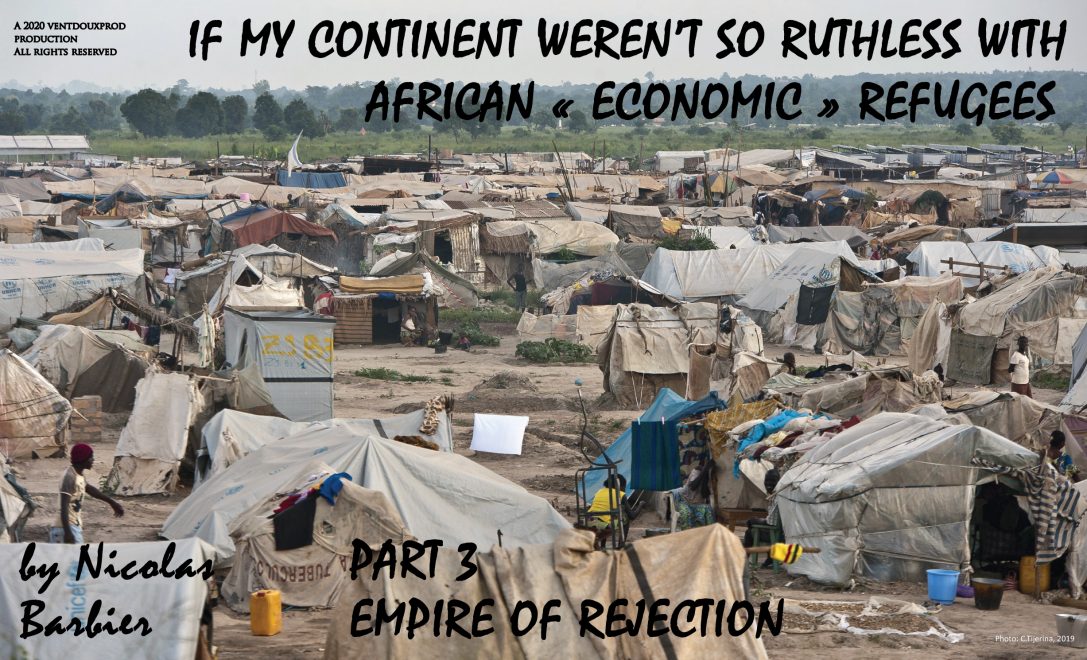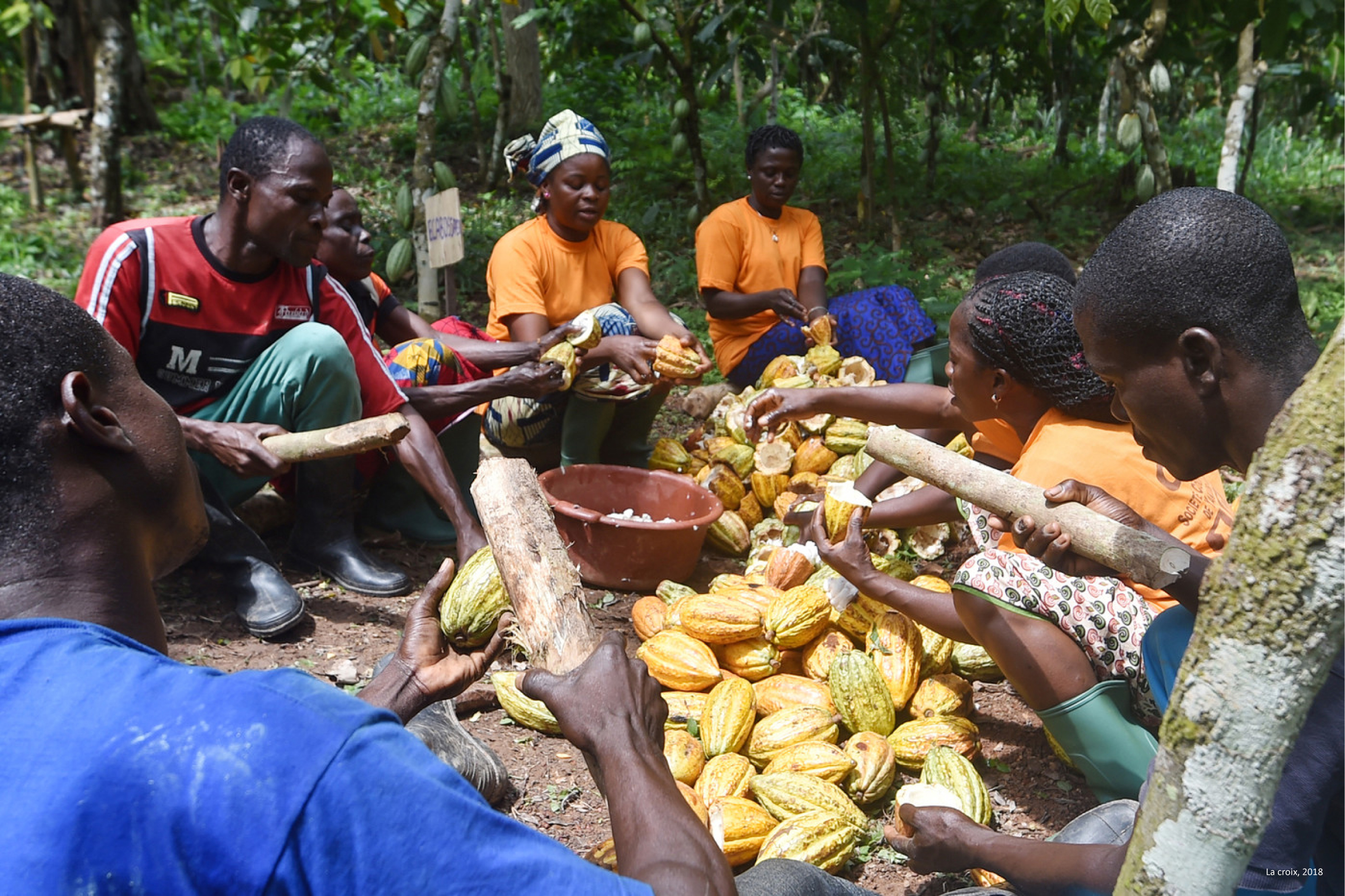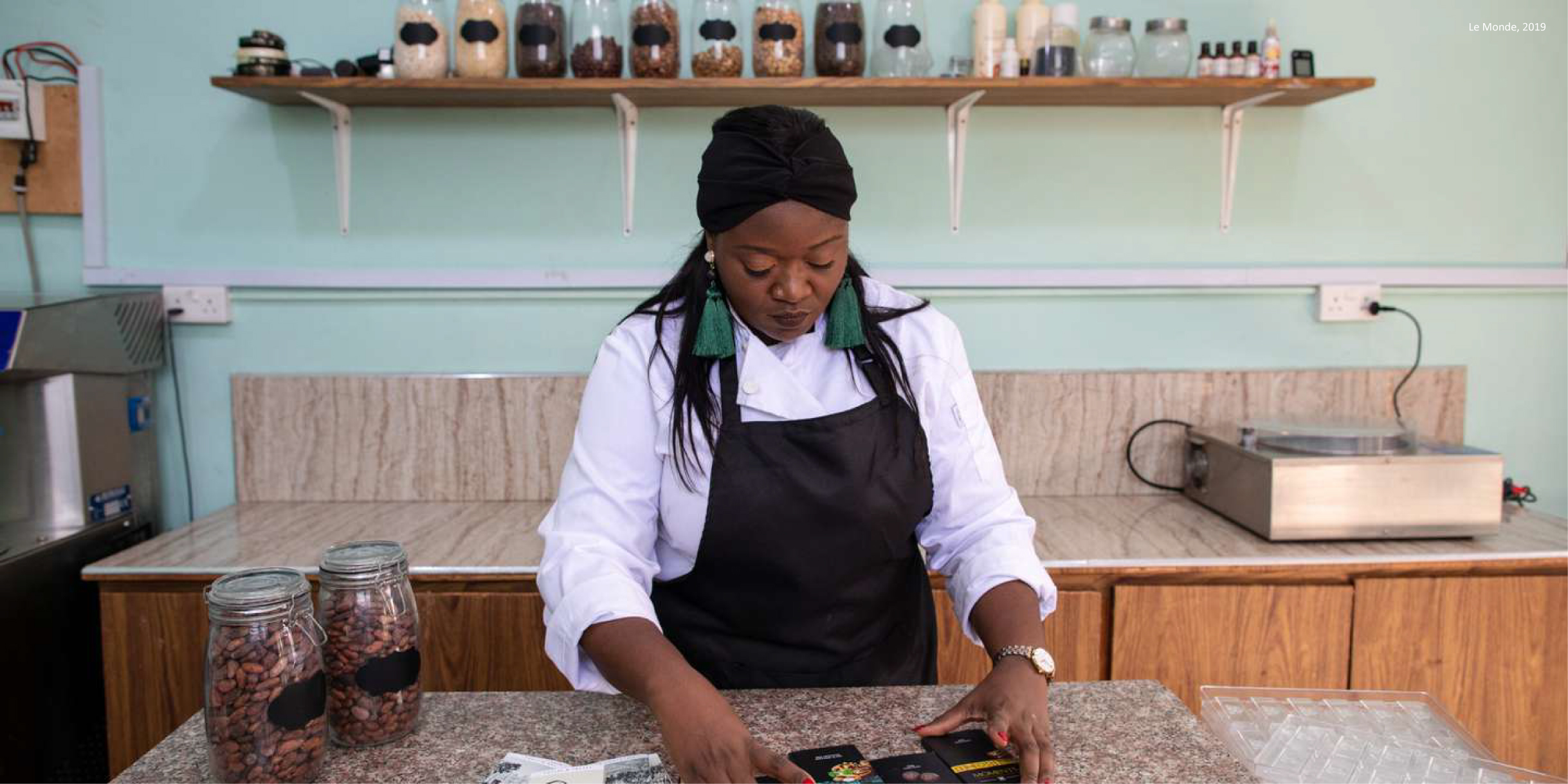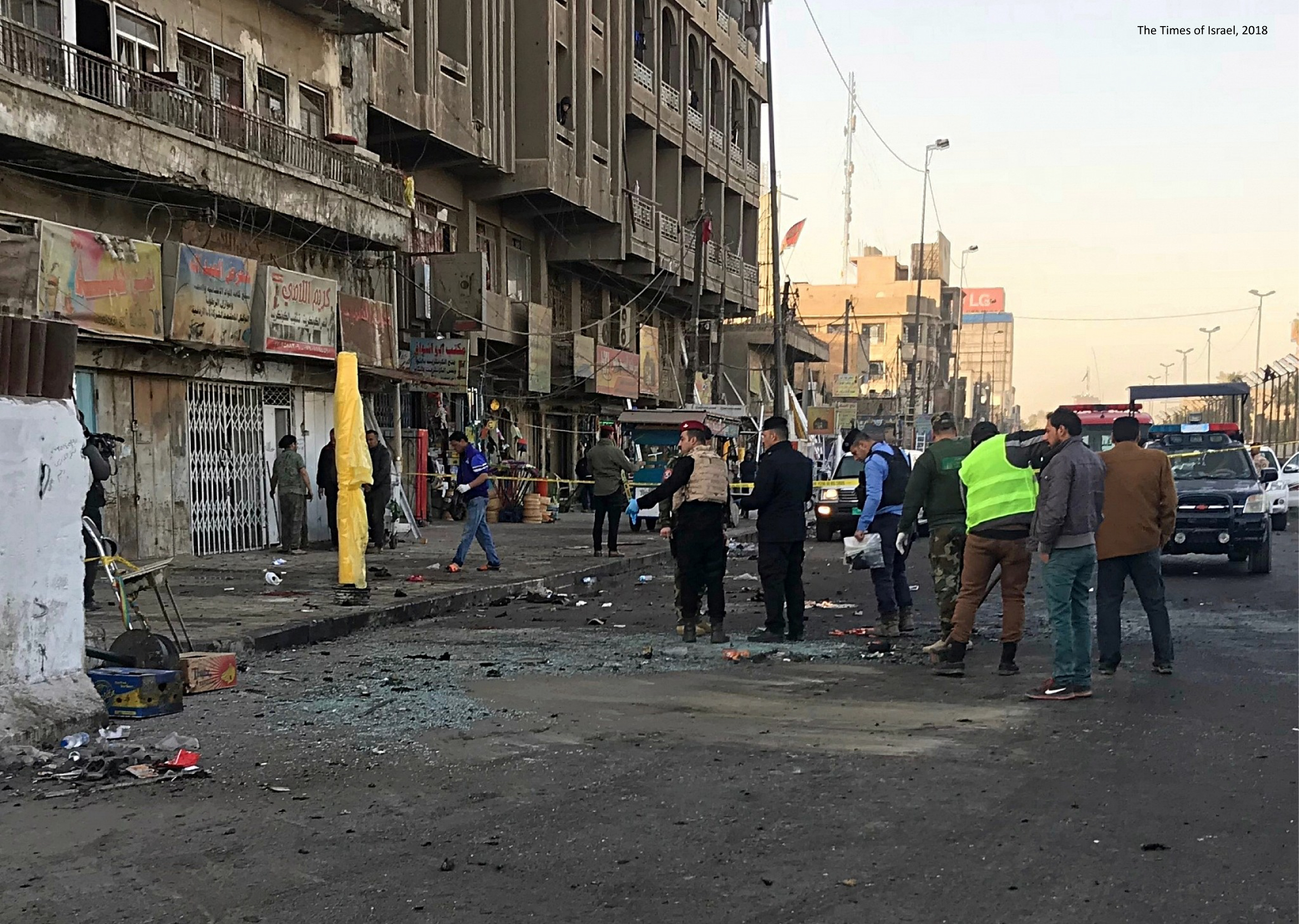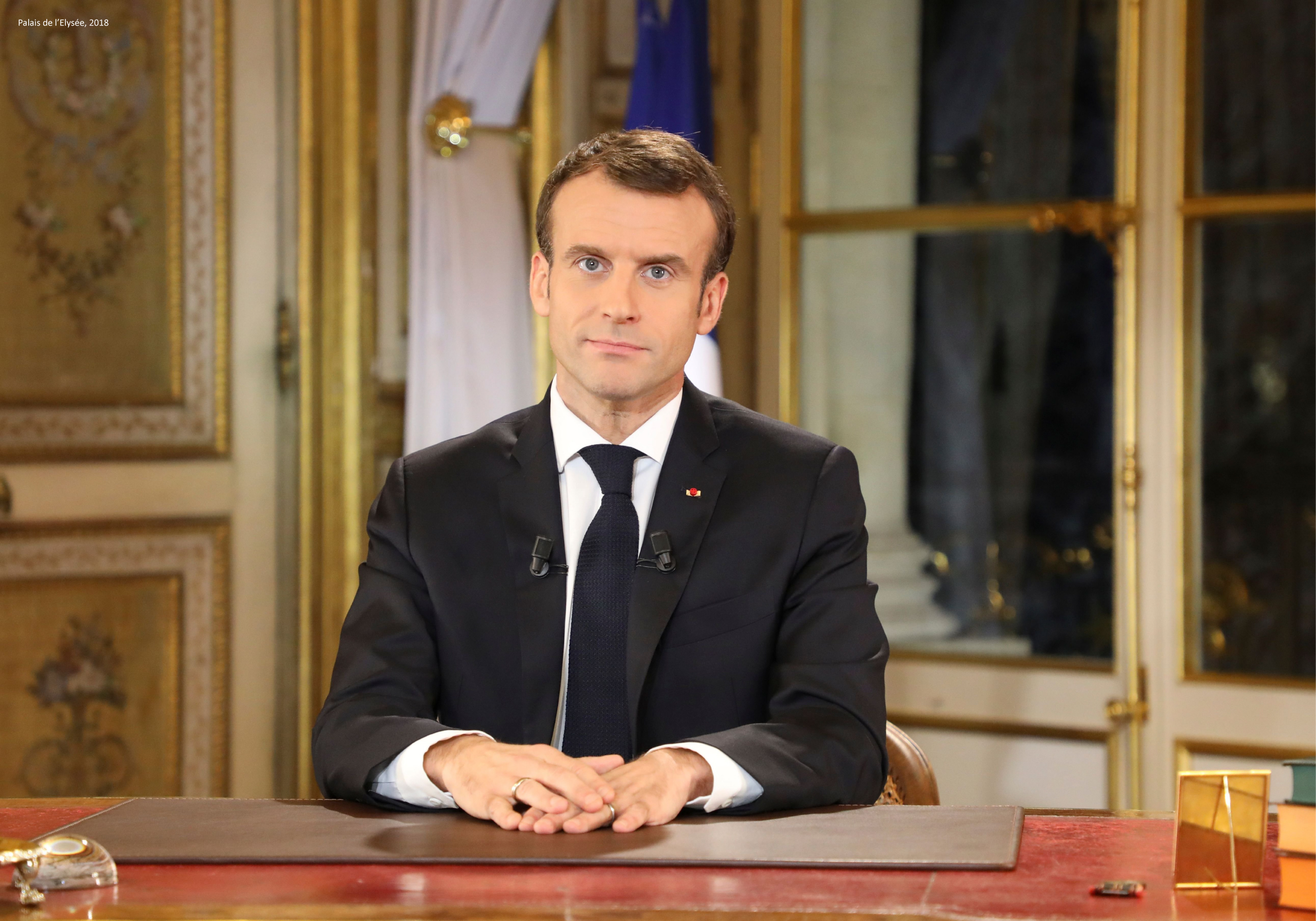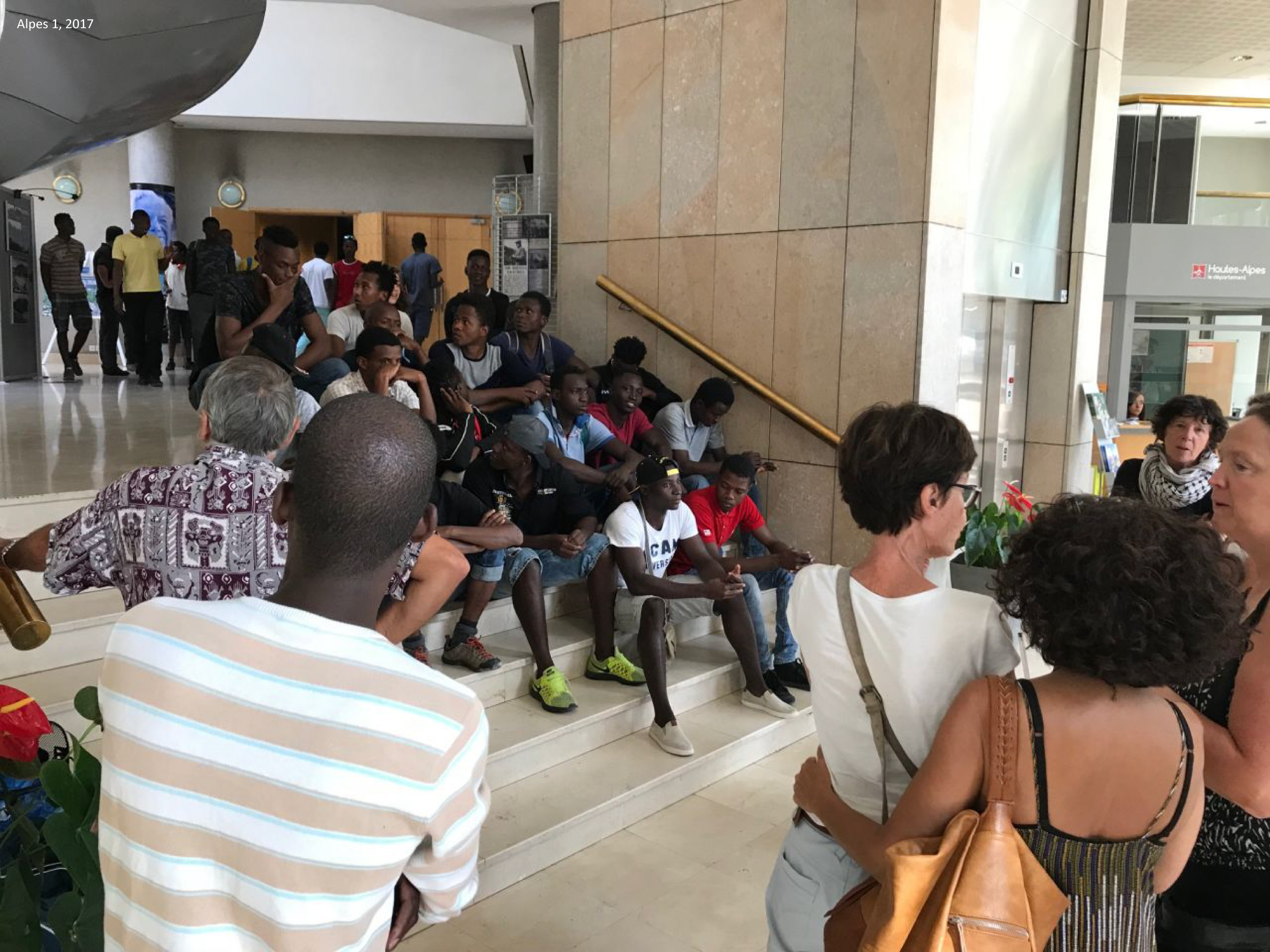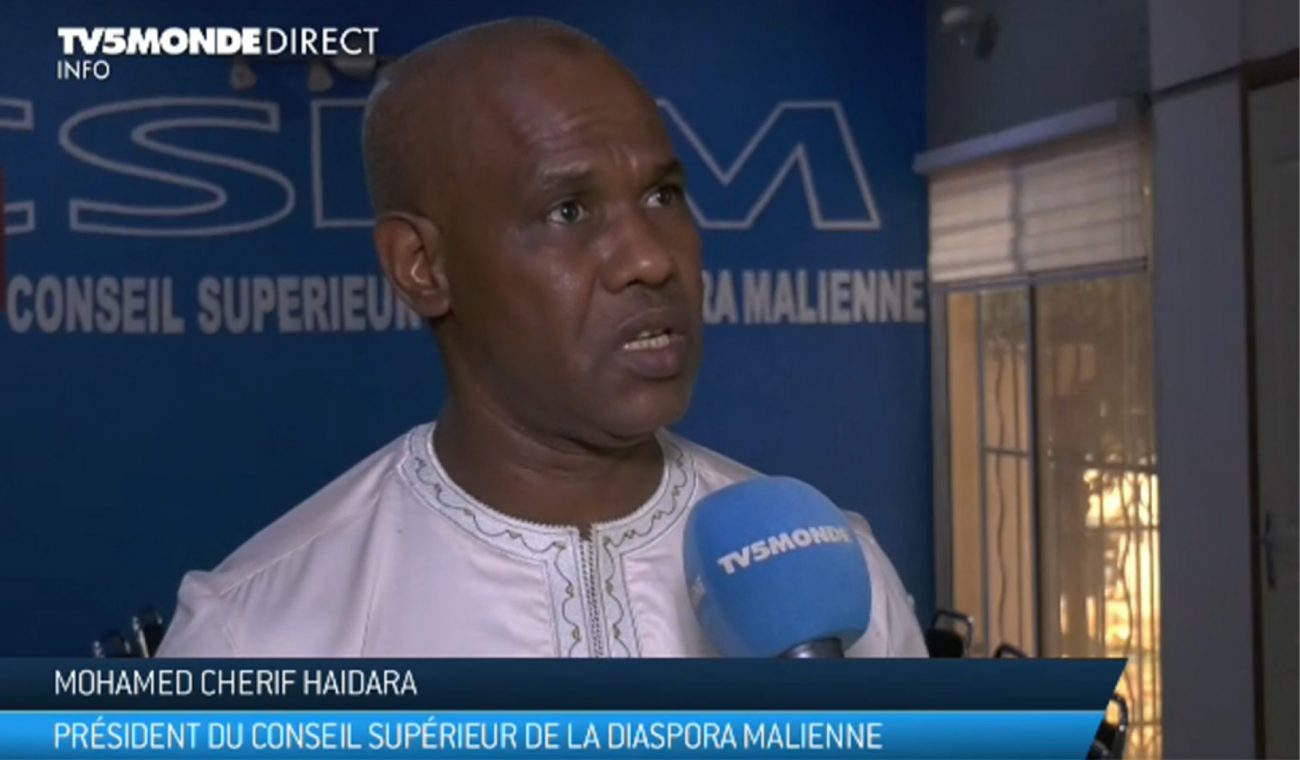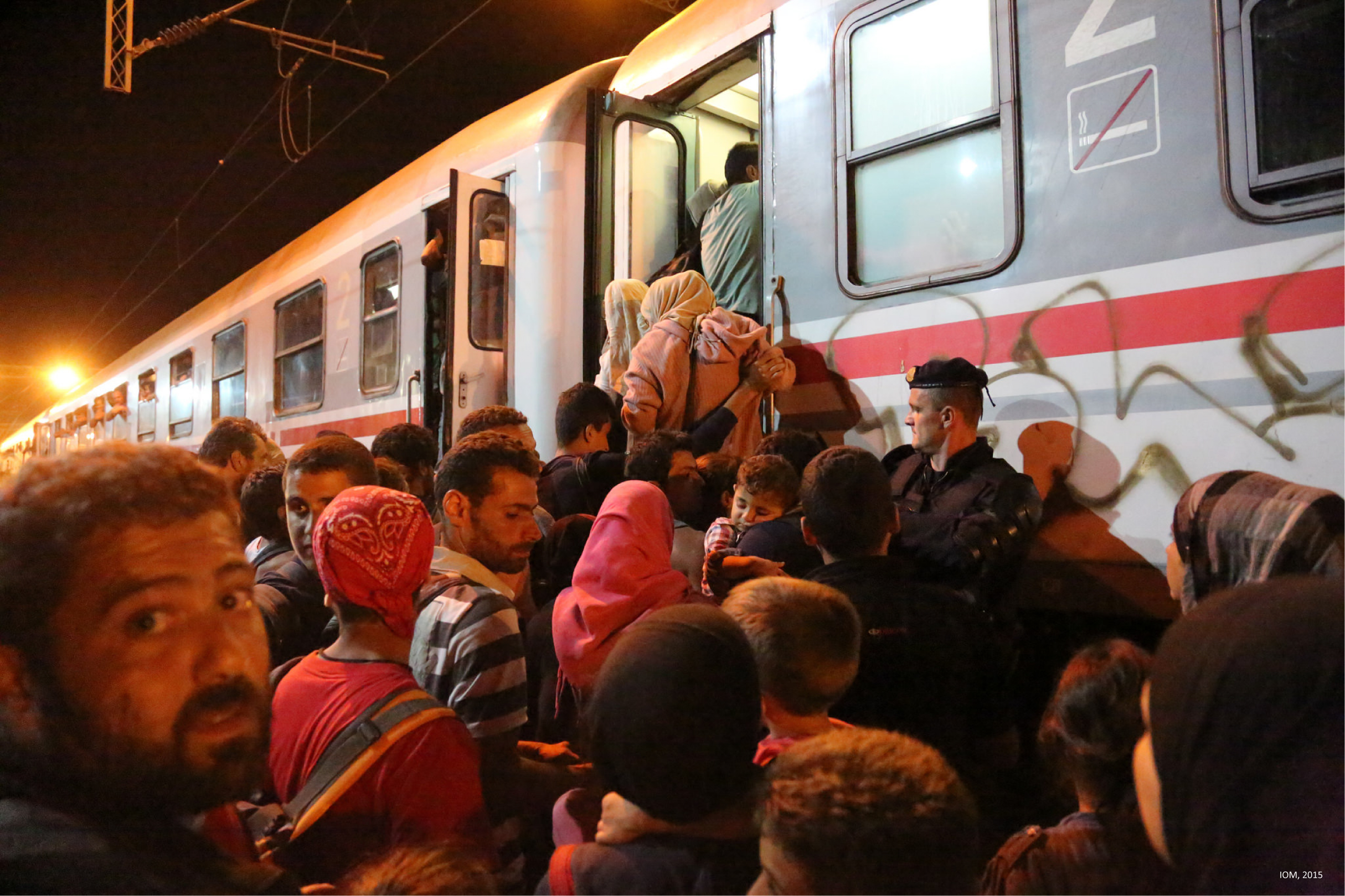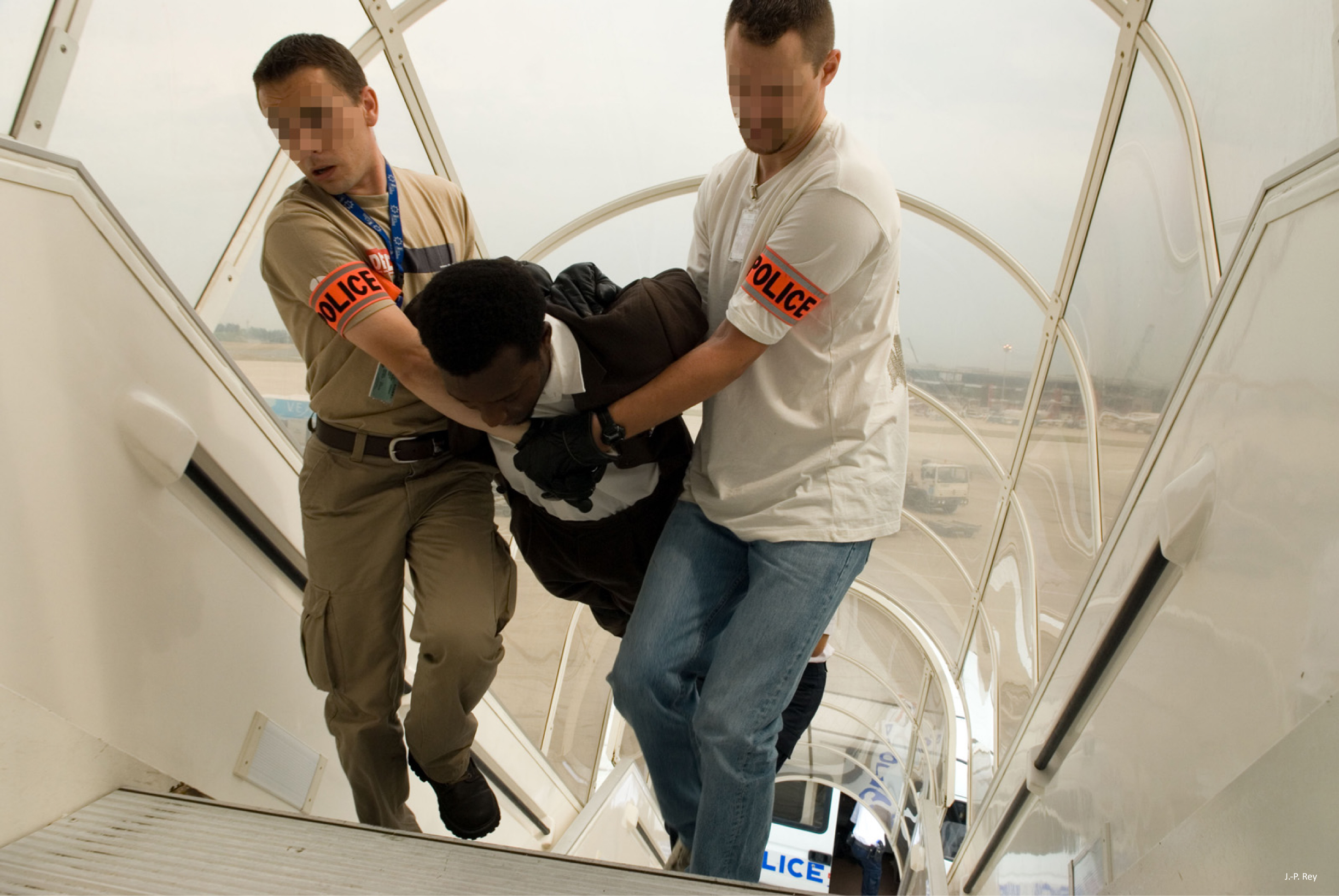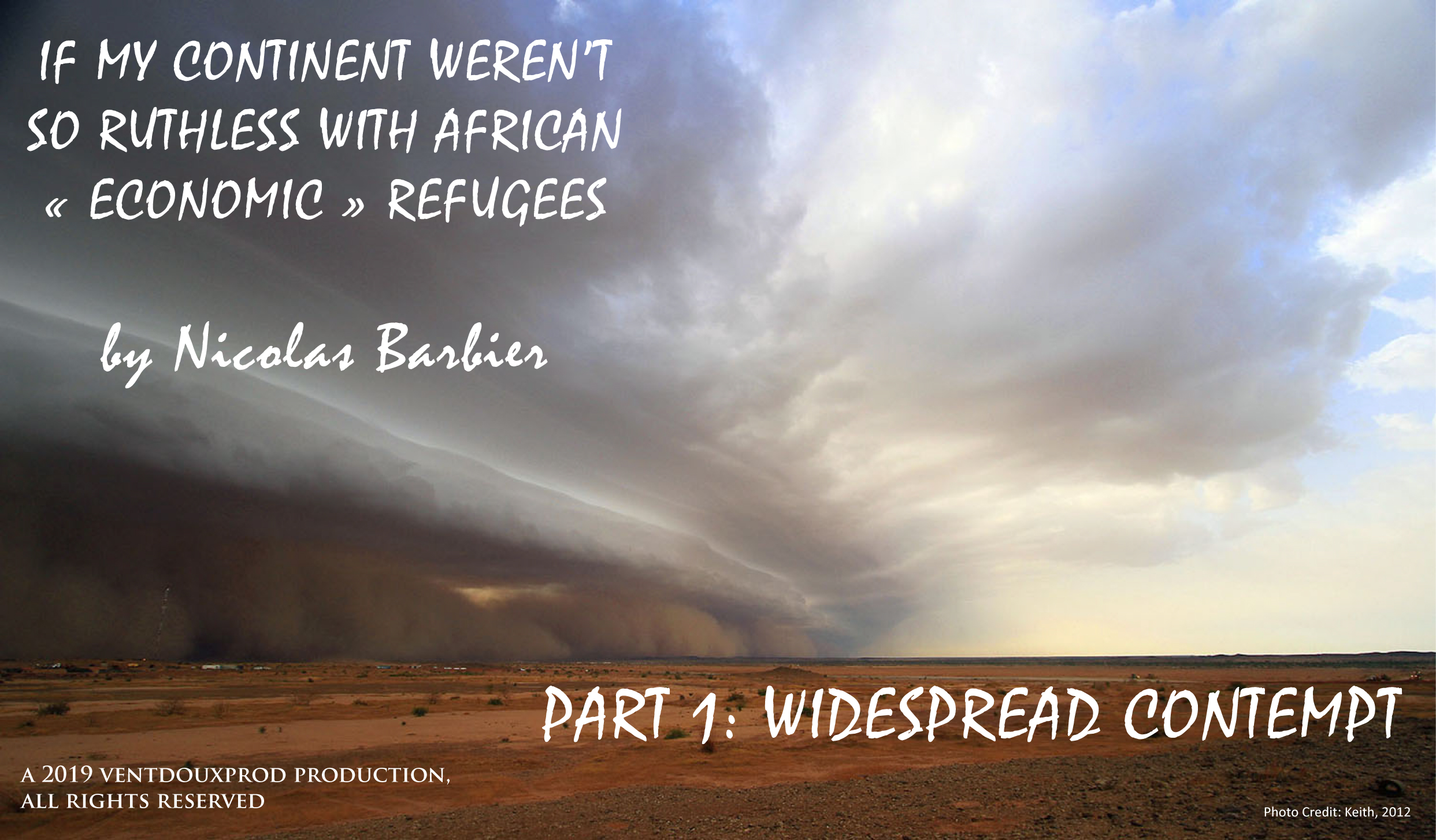
If my continent weren’t so ruthless with African « economic » refugees is a wide-ranging investigation in three parts. It primarily addresses the migrations of African « economic » refugees to the European Union (EU) within the broader context of migrations from non-EU countries. It dissects the way in which the EU deals with this issue while focusing on the French position. It scrutinizes the actions of the EU and its member States both at the external borders of the EU and in Africa, explaining how these actions are connected with the current situation of refugees. This piece of investigative journalism encompasses a lot of original facets. Among them, it examines some overlooked economic causes of migrations; it analyzes the political ideas of people who help refugees; it gives an overview of France’s vital resources to welcome millions of « economic » refugees.
Who are « economic » refugees or migrants? The European Union (EU) and its member States tend to put people fleeing their countries because of various predicaments in this category. In short, « economic » refugees or migrants are people confronted with a high probability of acute poverty and reduced life expectancy because of one or several of the following scourges: food shortages; the absence of decent healthcare; severe environmental damage; the lack of arable lands; the impacts of global warming (e.g., dwindling water resources making decent living conditions impossible); non-lethal conflicts related to these different scourges, etc. In this investigation, I use the expression « economic » refugees rather than « economic » migrants because the word migrant has a tendency to downplay the hardships and suffering these people have to go through.
BUY PART 1 FOR 4 € ebook (EPub) / ebook (mobi) / PDF
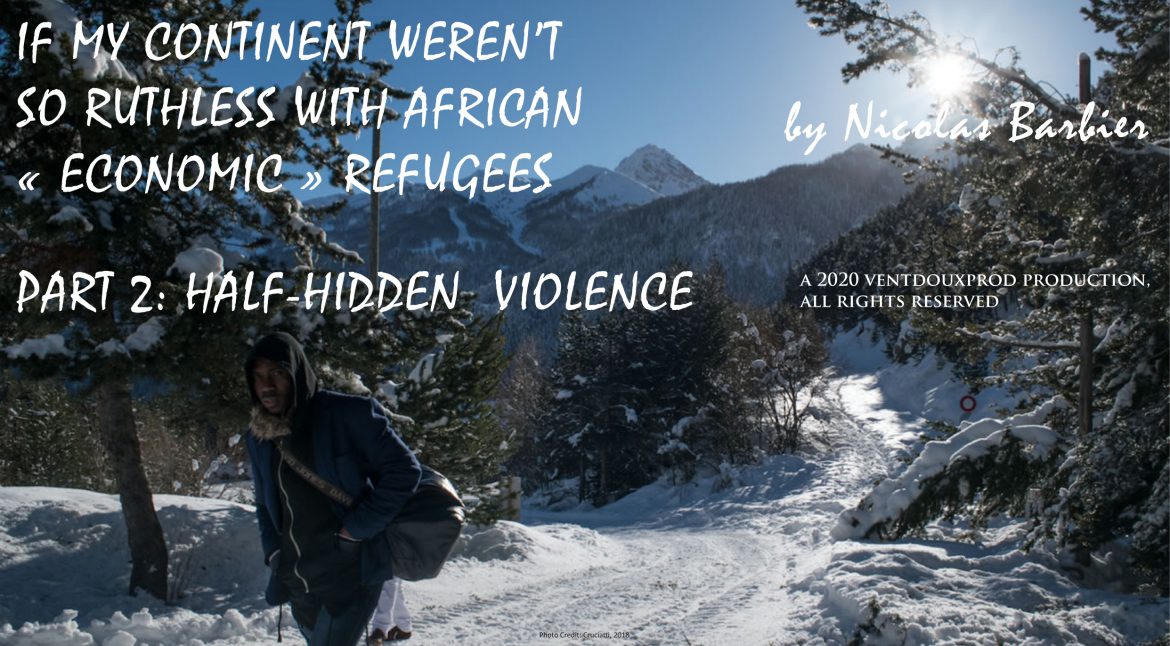
African "economic" refugees come up against a European administrative nightmare as soon as they enter this continent. They are faced with administrative violence purposely designed to discourage, overwhelm, stress and at times traumatize them. The European Union and its member States have carefully crafted administrative procedures for this type of illegal refugees. They use them as part of a psychological warfare against them.
Photojournalistic trailer
This trailer was made during the summer of 2019. Each part of my investigation is updated until the date of its release.
I.1. Living in « two different worlds »
AGADEZ (NIGER), DECEMBER 2017. A seventeen-year-old refugee from the Ivory Coast has been living in Agadez for seven months. This city is located between the Sahel and Sahara desert. He wants to keep going north, first across Libya and then the Mediterranean Sea. After that, he hopes to get asylum in Europe, preferably in Germany. He does not have the kind of money for the journey north that local smugglers of refugees ask for. So he is stuck in an unhealthy ghetto in the outlying suburbs of Agadez. If he manages to gather enough money, he is ready to face all future dangers: common mistreatments in Libya, including slavery and torture in some cases, drowning in the sea, getting caught by the Libyan or European coast guards, poverty and deportation in Europe. He explains why he left the Ivory Coast and his philosophy about his situation:
[From 12 min. 00 sec. on this video] I left because I lost my parents during the 2010 crisis, and nobody helped me. One day, we needed to buy a document for school. The teacher came in the classroom. He said something that shook me. He said that school was not made for the poor. I knew he was right. It is true that school is not made for the poor because others could buy the document and I could not afford it. Instead of sitting with a diploma and no job, I chose to leave. I would rather suffer elsewhere than in my own country. [13 min. 00 sec.] A lot of people among us have skills, but they cannot settle in their own country because they don’t have the resources to do it. Lots of others have hidden talents. […] I know how to cook. I play football. I could play in a musical. [14 min. 05 sec.] I am better off being stuck here [in Niger] than free and worried there [in the Ivory Coast][1] (Temps Présent, 2018).
French far-right party leader Marine Le Pen could not care less about young refugees like him. She shows complete disregard for the suffering endured by African and Asian climatic, economic and environmental refugees who reached Europe. When her party (le rassemblement national) demands that they be deported back to their countries of origin, she gets the support of millions of French people. Here is what Marine Le Pen said during a filmed interview in the run-up to the 2017 French presidential elections:
[From 5 min. 10 sec. on this interview] France 24 journalist: So what do we do with all these refugees? – Marine Le Pen: Well, we send them back home. […] In reality, most of them do not meet the conditions to be granted asylum. […] You can seek and obtain asylum when you are persecuted by your government in your home country. You have to demonstrate that you are politically persecuted by your own government. Anyone can see […] that these people are looking for a better situation than in their own country. But these are not the conditions to obtain asylum, and therefore they are illegal migrants. I think that the only solution is to send them back home. [7 min. 30 s.] The humanitarian dimension? Yes, of course, […], but within the countries of origin, through the work of international non-governmental organizations and through funding allocated by nations, so that refugee camps could be set up and preserve civilian populations, notably in war-torn countries. But not here because we cannot afford it[2] (France24, 2016).
Marine Le Pen got 34 percent of the votes in the 2017 presidential elections, that is 10.6 million voters. Contrary to what she said, France could offer good living conditions to millions of African and Asian refugees (a reality addressed in part 3 of this investigation). It is about people fleeing deep economic distress, the effects of global warming, the lack of arable land and natural resources, deadly disease outbreaks, all these calamities and others that make a decent living impossible (European parliament, 2019, p.4-5; FAO, 2016, p.8; UNCCD, 2019; World Bank, 2018, p.xxi, 30, 31).
In a way, the current situation of « economic » refugees logically follows a process that began centuries ago. Europe first enslaved a multitude of Africans. European armies killed an uncountable number of Africans to colonize their continent. European settlers could then loot Africa’s natural resources at will (Burgis, 2016; Rodney, 2012, p.149-185).
Since its decolonization after World War II, European corporations have been tapping into these natural resources, making enormous profits. In most cases, the wages of their African workers have been way below those of Europeans. To make matters worse, a great many African communities have had to cope with severe pollution left behind by European corporations: the Orano French company (formerly known as Areva) through uranium mining in Niger, the Shell British-Dutch company with its oil development in Nigeria, or the Swiss Glencore’s copper and cobalt mines in the Democratic Republic of the Congo are just three examples among many others (AFP, 2018; Amnesty International, 2018; Branco, 2016; Burgis, 2016; Destrijcker and Diouara, 2017; Dia, 2018).

Pollution is one of the contributing factors to the migration of Africans to Europe. Lots of Europeans are embarrassed to talk about other factors because widespread European consumption habits and thousands of jobs depend on them.
From a purely economic perspective, the chocolate market exemplifies western game plans designed to take advantage of both African natural resources and populations. On a worldwide scale, ten western companies generated nearly 75 percent of the 105 billion dollars made in chocolate confectionery sales in 2018. By contrast, cocoa producers received less than 7 billion dollars on a global scale that year. About two-thirds of the global cocoa production originate in four Sub-Saharan countries, mainly the Ivory Coast and Ghana, followed by Nigeria and Cameroon (Bekryl, 2018; Fountain and Huetz-Adams, 2018; International cocoa organization, 2019).
Why so few central and western African companies make their own chocolate and sell it to western retailers and customers? The Ivory Coast produces more than one-third of the world’s cocoa. Yet, it processes only 5 percent of its cocoa beans. Above all, Africans lack the capacity to invest in costly chocolate factories, apprenticeship programs and efficient marketing strategies. Most western companies, intermediaries and speculators involved in the chocolate market are not going to help Africans control most of it. The efforts made by African States to assist in local chocolate production have been insufficient to make a real difference until now (Atcha, 2019; Fountain and Huetz-Adams, 2018; Gazzane, 2015; Inkota et al., 2013; Mbaye, 2017).
Will China make that difference? In some areas, perhaps. But the workers’ living conditions may not improve in a tangible way.
A major State-controlled Chinese corporation just signed a memorandum of agreement with the Ghana Cocoa Board (whose board of directors is appointed by the government) whereby Ghana may receive up to 1.5 billion dollars in loans to develop the cocoa sector, including the processing of beans. In exchange, the Chinese would benefit from future cocoa and processed products, although the terms of the memorandum on this critical issue have not been made public. In July 2019, one of the first concrete steps was underway: an agreement was signed between Ghana and China to build a $100 million chocolate factory in Sefwi-Wiaso. $60 million should be brought by Chinese partners and the remaining $40 million provided by Ghanaian investors (Dontoh, 2018; FurtherAfrica, 2019).
It remains to be seen if the whole agreement will be confirmed, if this sort of big investments will be multiplied in the future and, if so and most importantly, how African workers and their environment are going to be treated. Meanwhile, the western chocolate rip-off goes on at the expense of Sub-Saharan Africans and overwhelmingly in favor of European and North American companies and retailers (Fountain and Huetz-Adams, 2018; Inkota et al., 2013).
The chocolate market is but one of the businesses that could enable lots of Sub-Saharan Africans to make a good living in their homeland. If these businesses were to thrive in Africa, many people would rather stay home than endure the suffering of migration, which today is likely to result in rejection in Europe.
The case of coffee shows similarities with cocoa, even though some African companies have recently made significant inroads into manufacturing and sales. In Ethiopia or Kenya for instance, roasting machines, grinders and marketing agencies are run by local people. Nonetheless, the predominant part of both coffee roasting and retail sales are made in the West. Wealthy European, North American and Asian corporations keep on making the vast majority of revenues based on Sub-Saharan coffee production (Cnbc Africa, 2016; International coffee organization, 2018, p.12-13; Panhuysen and Pierrot, 2018, p.20; Ward, 2017).
The manufacturing of pieces of furniture made out of equatorial African timber in Europe is yet another example of western abusive economic advantage over Africans (Lukumbuzia and Sianga, 2017).
What is the role of EU member States in all this? They both contribute to economic migrations by supporting European corporations involved in far-ranging discriminatory economic plans in Africa and reject « economic » refugees they help create. That’s not to say that those European projects are a predominant factor in migrations to Europe. However, their adverse impacts on the lives of Africans are one indisputable factor, very significant in some areas, which has been largely overlooked by the media.
Could partial debt relief or cancellation make up for past and current injustices? No, it does not even come close to seriously addressing them. In 2005, the G8 (Canada, France, Germany, Italy, Japan, Russia, The United Kingdom and The United States) cancelled a $40 billion debt that eighteen highly indebted poor countries owed to the World Bank, the International Monetary Fund and some other large banks. Among these eighteen countries were fourteen African nations. At the time, Africa’s total debt was $300 billion. $40 billion amounted to 1.4 percent of France’s gross national product. That debt represented 38 percent of the global chocolate confectionery sales in 2018. Since 2005, Africa’s debt has soared once again. At the end of 2016, the local currency debt owed by 37 Sub-Saharan countries topped $260 billion. China is now a major lender (Bavier, 2019; Index Mundi, 2019; Mutume, 2005; Rao and Strohecker, 2017).
I.2. An overwhelmingly unwelcoming union
The EU and its member States do not care that much about Africa’s debt. They are much more concerned about African « economic » migrations. They consistently legitimize several forms of violence associated with the deportation of African « economic » refugees back to their country of origin:
The economic violence is almost inevitable. Refugees will often find the same economic distress or worse when they are deported.
That economic violence is compounded by psychological violence which stems from rejection by the EU. Psychological violence ranges from psychological mistreatment by EU member States’ police forces and administration to deep feelings of failure to depression. The latter may start in refugee camps or before, as explained in 2016 by Vicky Markolefa, a representative of MSF (Médecins sans frontière or Doctors without borders) stationed in Greece:
[From 0 min. 31 sec. on this interview] Generally, from a psychological point of view, there is an increase in stress throughout these months because there are people who have been staying there for over two or three months. There is also high insecurity because they are not fully aware of where they are going and what will come for them in the next days. So yes, as MSF, we have seen people with increased anxiety, with depression, with a lot of stress for the future and that is still true and happening (AP Archive, 2016).
Social violence affects countless refugees. Fortunately, members of local communities across Europe do their best to provide refugees with decent food and housing. But poor or bad quality is also common, especially in refugee camps. Furthermore, once deported, refugees suffering from serious untreated medical problems are not rare. Neither are those exposed to physical abuses. Back home, social violence might also take the form of rejection and isolation (Montag and Schaap, 2018).
In France, there is no significant difference between the far right’s cruelty to « economic » refugees and the cruelty demonstrated by other French political parties, be they moderate right-wing or left-wing ones.
In 2018, French authorities ordered 105,000 Non-EU citizens who were living in France to leave EU territories. That year, French police forces were only able to deport 18,000 third country nationals following an order to leave (Eurostat, 2019 [a]).
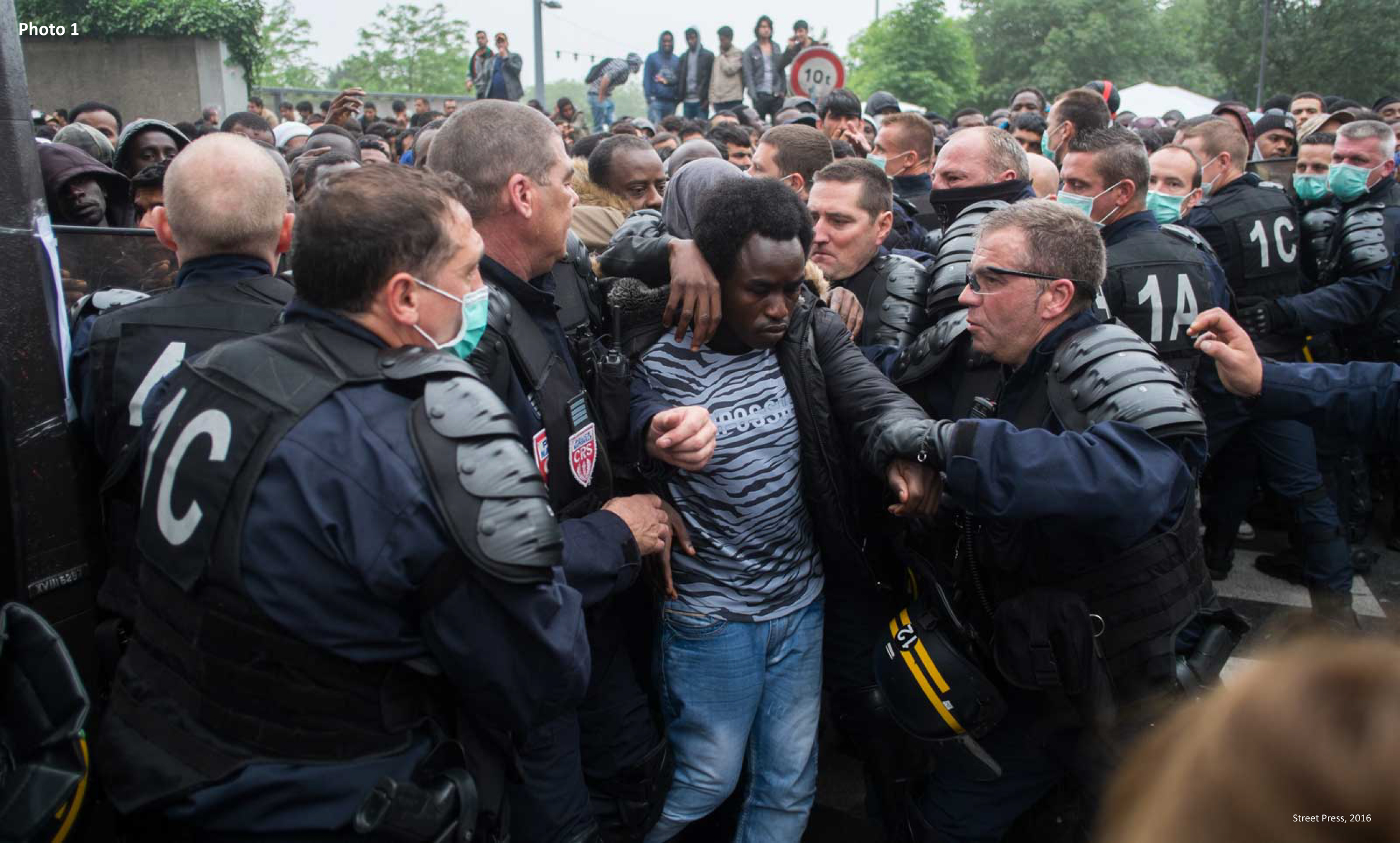
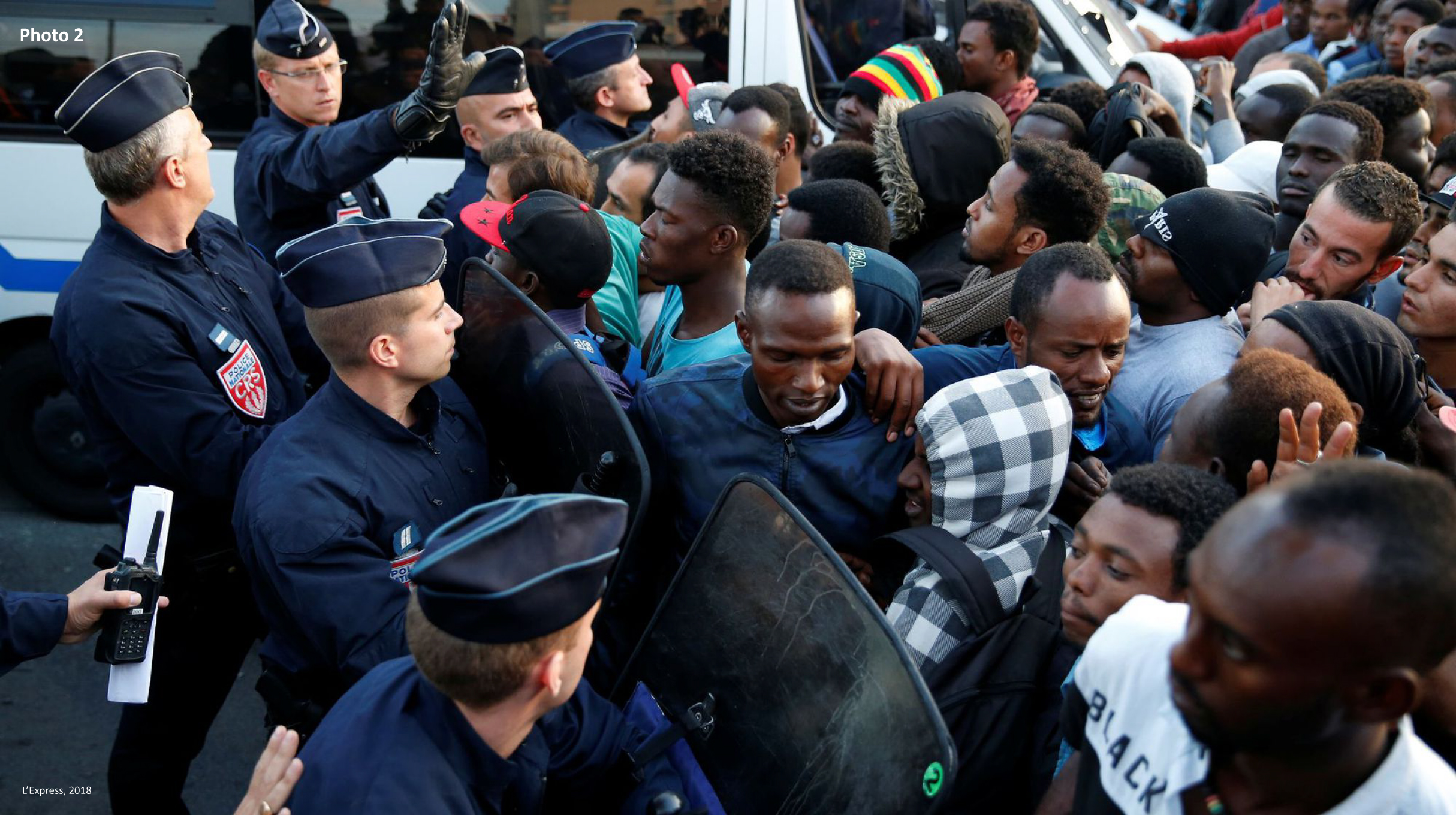
The situation is quite similar in a large portion of the continent. In the EU and the four EFTA States (European Free Trade Association: Iceland, Liechtenstein, Norway and Switzerland), in 2018, 478,000 Non-EU citizens received the order to leave the territory of a EU Member State or EFTA country. That year, 157,900 Non-EU citizens were deported from the EU (Eurostat, 2019 [a] and 2019 [d]).
A minority of the refugee population is luckier, temporarily. Such are the beneficiaries of the subsidiary protection regime. Under this policy, EU countries can give temporary residence permits to refugees who meet specific conditions. In compliance with a 2011 EU directive, these permits can be granted to people « in respect of whom substantial grounds have been shown for believing that the persons concerned […], if returned to his or her country of origin, […] would face a real risk of suffering serious harm ». This regime applies to refugees exposed to life-threatening armed conflicts, death penalty, torture, inhuman or degrading treatment or punishment (Assemblée nationale, 2015, L712-1; European parliament and council of the EU, 2011, articles 2 and 15).
In 2018, Germany issued 52,700 temporary residence permits to the beneficiaries of subsidiary protection, that is more than half of the EU total that year. Meanwhile, France was content to deliver only 14,300 of such permits (Eurostat, 2019 [a] and 2019 [b]).
In 2018, among the 478,000 Non-EU citizens ordered to leave the territory of a EU Member State or EFTA country, 61,000 were from three war-torn countries (Afghanistan, Iraq and Syria). So despite the subsidiary protection regime, EU member States like France or Germany regularly and knowingly choose to send a large number of Afghans, Iraqis, Syrians and others back to their war-torn regions. In 2018, the number of documented civilian deaths due to armed conflicts topped 3,800 in Afghanistan, 3,300 in Iraq and 7,000 in Syria (Eurostat, 2019 [a], 2019 [b] and 2019 [d]; Quilty, 2018; SNHR, 2019; Statista, 2019; UNAMA, 2019).
And then there is what so many heads of States, governmental officials and Europeans in general consider Europe’s number one « African problem »: the constant migration of Africans whose numbers fluctuate from one year to the next. In 2018, out of the 478,000 Non-EU citizens ordered to leave the territory of a EU Member State or EFTA country, about 108,000 were from the six most represented African countries: 33,000 were from Morocco, 25,000 from Algeria, 39,000 from three Sub-Saharan nations (Guinea, Mali and Nigeria) and 11,000 from Tunisia (Eurostat, 2019 [d]).
Moreover, 471,000 Non-EU citizens were refused entry into the EU in 2018, including 229,000 from Morocco and about 26,000 from six other African countries (Algeria, Eritrea, the Ivory Coast, Guinea, Mali and Nigeria). 84 percent of these 471,000 people were stopped at external land borders, among which a large number of Moroccans blocked in the Spanish territories of Ceuta and Melilla on the northwestern African coast. In 2017, France refused entry to 86,000 refugees, with Sudan (10,000), Guinea (6,800) and Morocco (5,450) as the three most represented countries of origin (Cimade, 2018; Eurostat, 2019 [a] and 2019 [d]).
Despite being directly responsible for the misery of countless people, EU heads of States and other officials dealing with refugees carry on with self-congratulatory statements about their work. In September 2017 at the United Nations headquarters in New York City, French president Emmanuel Macron declared that « the protection of refugees » was « both a moral and political duty in which France decides to play its role« . This sort of hollow self-glorification says nothing about Emmanuel Macron’s unabashed disregard for the suffering of « economic » refugees. By and large, his disregard mirrors the French far-right dominant party’s official position on these refugees.
The current international law on these specific refugees is a blessing for heads of States like the French president insofar as it legalizes their disregard. Because enforcing international law on human rights may serve political ambitions, heads of States love to remind everyone when they do it.
What international rights are we specifically talking about when it comes to refugees who face countless dangers, some of them deadly, to get to European lands?
I.3. Enforcing discriminatory laws and policies
Unaccompanied refugee minors are both a legal exception and a tiny minority. In 2018, 19,740 of them, including more than 5,000 Africans, accounted for 3.5 percent of all asylum applications in the EU. They are entitled to the same care (e.g., education, food security, guardianship, housing, healthcare) as any other child or teenager under 18 living in the EU. Their situation when they turn 18 varies. In about half EU countries, including Germany and the United Kingdom, they may be ordered to return to their country of origin if their application for a permit to stay is denied. In other States like Finland, France or Ireland, 18-year-olds fare better and can follow after-care or integration plans (European commission, 2018 [e], p.6, 8, 19-20; Eurostat, 2019 [c]).
That said, Human Rights Watch found that in the southern French Alps (Hautes-Alpes), French « examiners used various justifications to deny children protection. These included children’s minor mistakes with dates, their reluctance to discuss particularly traumatic experiences in detail or work they did in home countries or while in transit, and what examiners deemed as unrealistic life goals » (Human Rights Watch, 2019).
Laws and policies for adult refugees cannot be compared with those intended for the tiny minority of unaccompanied minors.
In 2013, the European parliament and the council of the EU passed what is known as the « Dublin III » regulation. It was the third legally binding document of that type passed in twenty-five years. « Dublin III » is consistent with two texts on refugees ratified by the United Nations: the 1951 Geneva Convention and the 1967 Protocol relating to the status of refugees (European parliament and council of the EU, 2013, [3]).
Accordingly, refugees asking for asylum in the EU cannot be sent back to their country of origin when they « are unable or unwilling to return to their country of origin owing to a well-founded fear of being persecuted for reasons of:
- race;
- religion;
- nationality;
- membership of a particular social group;
- or political opinion ».
These particular refugees are eligible for refugee status. In 2018, 164,000 Non-EU citizens obtained asylum in the EU with the refugee status, including 27,000 in France (European parliament and council of the EU, 2013, [3]; Eurostat, 2019 [b]).
They represent a small minority. Besides, the refugee status grants permanent residence permits in only six rather small countries (Czech Republic, Ireland, Latvia, Lithuania, Slovakia and Slovenia). In most of the EU, refugee status gives their recipients residence permits of five years or less. Subsidiary and humanitarian protections are temporary and short-term (two years and less) in most EU countries. There is no guarantee that any permit will be renewed (AIDA, 2016 [b], p.10; Eurostat, 2019 [b], 2018 [b]).
Nonetheless, paths to citizenship do exist. In France, people who obtain the status of refugee can immediately apply for citizenship, whereas the beneficiaries of subsidiary protection have to wait for five years. In both cases, they may become French citizens if their knowledge of the French language and culture is deemed sufficient by the French administration. These are some of the best case scenarios. In the rest of the EU, before being able to apply for citizenship, people with refugee status have to be residents for at least three years (e.g., Ireland) and up to ten years (Malta) (AIDA, 2016 [a], p.116; AIDA, 2017, p.21; Assemblée nationale, 2015, L712-1; OFPRA, 2016).
The number of Non-EU citizens who became citizens in one of the EU member States went down from 995,000 in 2015 to 825,000 in 2017. The number of Africans acquiring citizenship is low. And many of them are not recent refugees. In 2017, about 220,000 Africans became citizens of EU member States, that is 0.04 percent of the total EU population (512 million people). What is more, 46 percent of these 220,000 Africans were citizens from three northern African countries (Algeria, Morocco and Tunisia) (Eurostat, 2019 [e], p.4).
In general, the number of Non-EU citizens that are denied asylum or protection is staggering. In 2017, 54 percent of all EU first instance decisions on asylum, subsidiary protection and humanitarian grounds resulted in denials (531,000 out of 973,000). It worsened in 2018 with 63 percent of denials (365,000 out of 582,000). Moreover, 62 percent of decisions based on appeal or review were also negative in 2018 (193,000 out of 309,000). France ranks low among EU member States with 72 percent of negative first instance decisions and 81 percent of denials based on appeal or review (Eurostat, 2019 [b], 2018 [b] and 2018 [c]).
In 2018, EU member States granted asylum or temporary protection to 333,000 Non-EU citizens. It may seem like a lot of people, but in reality it isn’t. Together, they account for 0.07 percent of the total EU population (Eurostat, 2019 [b]).
Considering all those numbers, it is no surprise that most Africans refugees are « left on the sidelines ». In the EU in 2018, first instance decisions on asylum, subsidiary or humanitarian protections were negative for 45 percent of Sudanese, 47 percent of Somalis, and from 70 to 80 percent of Ethiopians, Gambians, Guineans, Ivoirians (Ivory Coast), Malians, Nigerians and Senegalese. Among African refugees that year, only Eritreans fared much better statistically with 83 percent of positive first instance decisions. Of course, with a population of 5.5 million, most of whom are poor, Eritreans are not going to « change » Europe (Borgen, 2017; Eurostat, 2019 [b])…
Why so many rejections? What about refugees who are not persecuted, exposed to death due to armed conflicts, torture, inhuman treatment and the like? What rights for all these other refugees who, if they are deported back to their country of origin, are confronted with a high probability of acute poverty and reduced life expectancy because of one or several of the following scourges?
- Food shortages;
- The absence of decent healthcare;
- Severe environmental damage;
- The lack of arable lands;
- The impacts of global warming (e.g., dwindling water resources making decent living conditions impossible);
- Non-lethal conflicts related to these different scourges, etc (European parliament, 2019, p.4-5; FAO, 2016, p.8; IRIS, 2018; UNCCD, 2019; World Bank, 2018, p.xxi, 30, 31).
What kind of respect do these « economic » refugees get in international law implemented across the EU? All EU member States relegate a huge majority of refugees fleeing squalor, malnutrition, the impacts of climate change and environmental disasters, the lack of arable land or decent healthcare in only one category: that, precisely, of « economic » migrants or refugees, by definition unworthy of genuine respect. As such, they can be deported back to their country of origin.
Nevertheless, a small minority of « economic » refugees obtain temporary residence permits. Many times, they get them when they face additional predicaments on top of the « economic » reason(s) for leaving their country.
These permits are issued by some European countries based on limited humanitarian criteria like ill health or domestic violence. Out of a total of 582,000 asylum applications in the EU in 2018, 69,000 temporary residence permits on humanitarian grounds were delivered, but 0 in France. Beneficiaries may be deported once the permit is no longer valid. Germany, Italy, Sweden or Switzerland are among the European countries that issue most of these temporary permits. In Germany for instance, refugees might get one if they are able to prove their « extreme poverty ». It does not mean, however, that Germany temporarily welcomes all extremely poor refugees that want to stay in this country. Besides, the very poor ones are excluded (AIDA, 2019, [a] et [b]; Direction de l’information légale et administrative, 2016; European commission, 2017, p.5; European parliament, 2017, p.12; Eurostat, 2019 [b]; Migrationsverket, 2017; Ministry of Justice and Security of The Netherlands, 2019; Russo, 2017; Straitstime, 2018; Visaguide, 2018).
So, all in all and aside from a few departures from the norm, the EU as a whole has for the most part been implementing a far-right policy regarding refugees placed into the « economic » category.
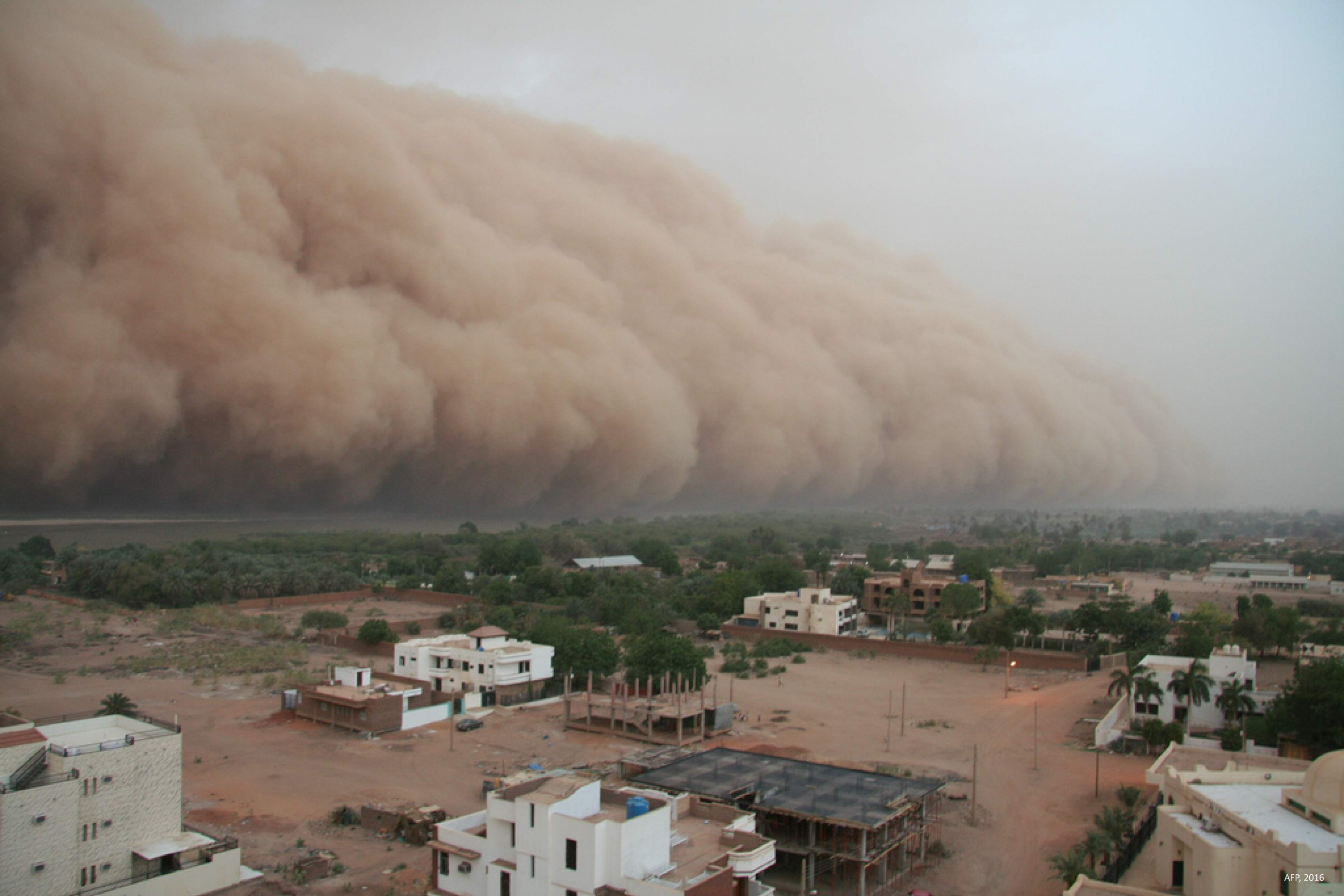
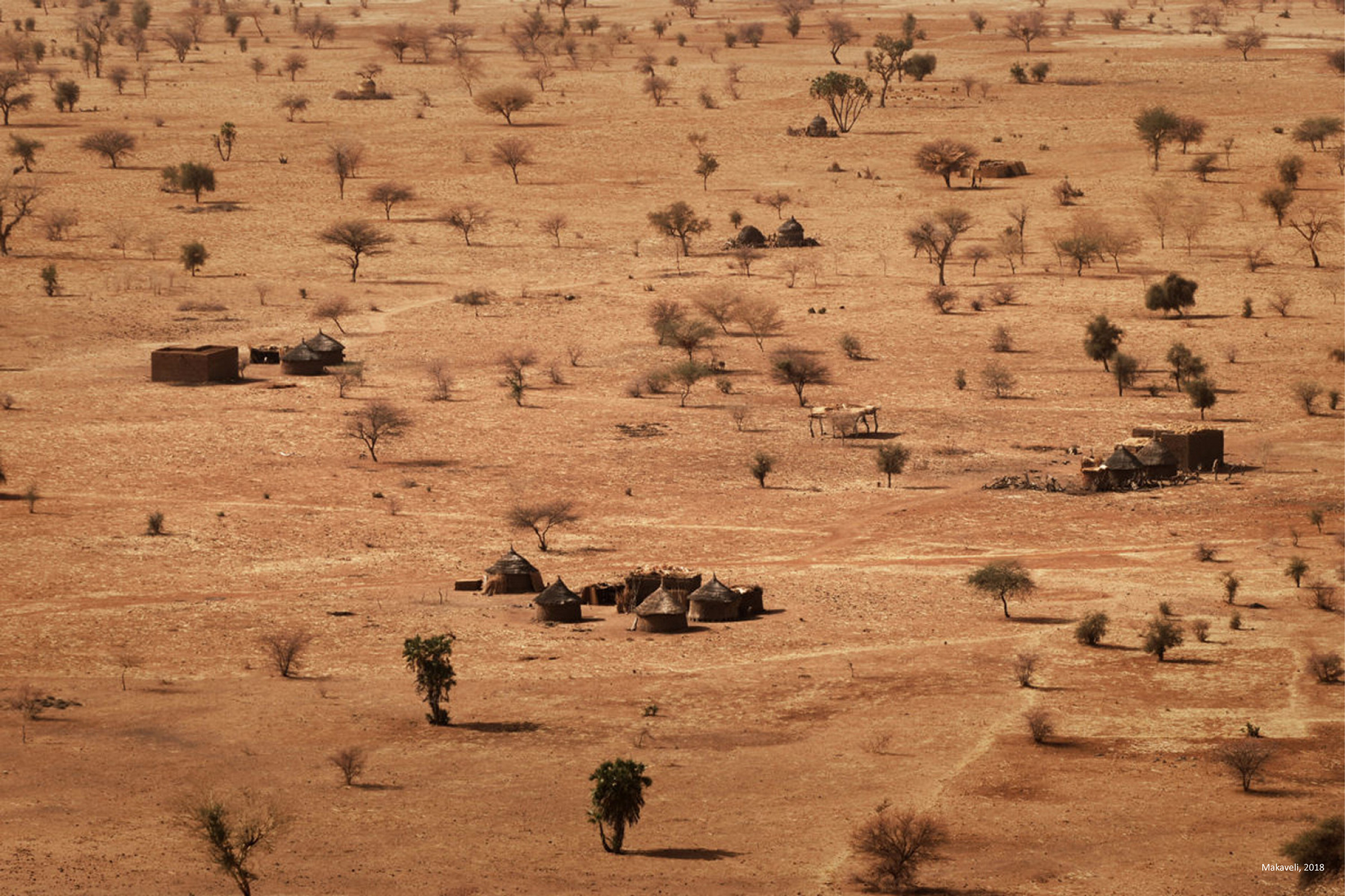
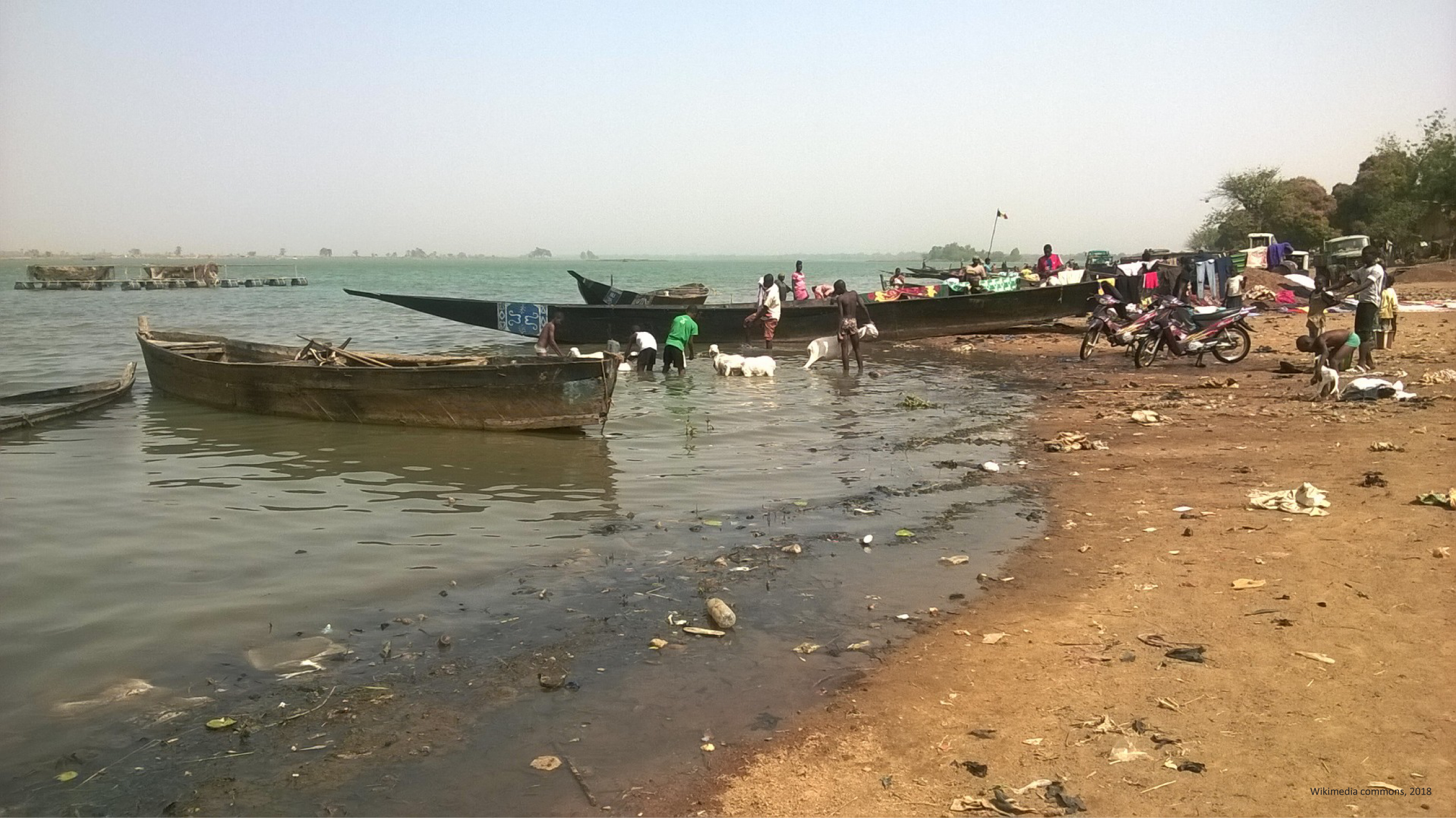
Could a job in the EU help « economic » refugees stay in the EU, at least for a few months?
According to a EU directive passed in 2009, employers convicted of hiring « illegally staying third-country nationals » like « economic » refugees shall be sentenced to fines, potentially very heavy. That directive allows EU member States to permanently close the businesses of the employers involved. In France, such employers are exposed to jail time (European parliament and council of the EU, 2009; Service-Public.fr, 2019 [a]).
If certain refugees can get certain work permits in France, « economic » refugees are barred from most opportunities with a reasonable chance of success. In order for illegal migrants to obtain a work permit, French employers first have to provide the French administration with a work contract or a promise to hire them and apply for the permit. There are additional conditions. « Economic » refugees who recently arrived in France can only hope to fit in with the rare cases number 5 and 6:
- To get a work permit in France – case number 1: Illegal migrants have to prove that they have been staying in France for at least 5 years and that they worked here during a minimum of 8 months for the last 2 years (or 30 months over 5 years).
- Case 2: Exceptionally, the French administration may deliver work permits to illegal migrants who can prove a stay of at least 3 years and a job of at least 24 months.
- Cases 3 and 4: The conditions to obtain a work permit as a temp or home-based employee are excessively harsh as well. It generally requires a stay of more than 5 years in France before the application can be made.
- Case 5: If « economic » refugees are lucky enough to secure one of the very rare jobs in the solidarity economy (i.e., cooperatives, associations or foundations based on the principles of solidarity and social utility), they can receive a temporary work permit.
- Case 6: In November 2019, the French government declared that it would soon set quotas of foreigners who could get a temporary permit to work in the sectors of the economy where employers cannot find enough French workers. Today, most job opportunities can be found in two sectors: housekeeping and home help with some of the lowest wages; truck driving, which is one of the most physically debilitating job due to the usually heavy workload imposed on drivers. Other sectors have a hard time to find workers, but they offer a lot less jobs. In November 2019, French minister of labor Muriel Pénicaud said that she did not expect quotas to result in « big changes in the numbers » of economic migrants already authorized to work in France (about 30,000 per year). Furthermore, these quotas are designed to help the French economy, and by no means to make a significant difference in the lives of many African « economic » refugees (Pascual and Rescan, 2019; Service-Public.fr, 2019 [a] and [b]; Vignaud, 2019).
Footnotes
[1] [12 min. 00 sec.] Ce qui m’a poussé à sortir [à partir du pays], c’est que pendant la crise de 2010, j’ai perdu mes deux parents. Alors j’avais personne pour m’aider. Et un jour, nous sommes restés à l’école. Il y avait un document à acheter et le professeur est rentré en classe. Il y a un mot qu’il a employé qui m’a beaucoup touché : il a même dit que l’école n’est pas faite pour les pauvres. Et j’ai su que ce qu’il disait était vrai. C’est vraiment que l’école n’est pas faite pour les pauvres parce qu’il y a des documents à acheter ; d’autres l’achètent et moi je ne peux pas acheter. Au lieu de continuer à aller m’asseoir avec les diplômes sans travail, je préfère sortir. Je préfère souffrir ailleurs que de souffrir dans mon propre pays. [13 min. 00 sec.] Parmi nous, il y en a plein qui ont des métiers, mais qui ne peuvent pas s’installer au pays parce qu’il n’y a pas de moyens. Il y en a plein aussi qui ont des talents cachés. Moi, je sais faire la cuisine. Je joue aussi au foot. Et la comédie musicale aussi. [14 min. 05 sec.] Je préfère être bloqué ici. C’est mieux que d’être en liberté là-bas [en Côte-d’Ivoire], mais le cœur n’est pas tranquille.
[2] [5 min. 10 sec.] Journaliste de France 24 : Alors, on les met où tous ces réfugiés ? – Marine Le Pen : Eh bien, on les renvoie chez eux. […] La réalité, c’est que l’immense majorité d’entre eux ne remplissent pas les critères pour obtenir le droit d’asile. […] Le droit d’asile, on peut l’obtenir lorsque l’on est persécuté par le gouvernement de son pays. Il faut démontrer qu’à titre personnel on est l’objet d’une persécution politique de la part de son gouvernement. On voit bien […] qu’il s’agit là de gens qui cherchent ailleurs une situation plus positive pour eux que dans leur propre pays. Sauf que ça ne correspond pas aux critères du droit d’asile et par conséquent ils sont en situation clandestine. Je pense que la seule solution est de les renvoyer chez eux. [7 min. 30 sec.] La dimension humanitaire, oui, bien sûr, […] mais dans les pays d’origine, avec des organisations internationales dont c’est le travail, avec un financement de la part des nations pour que des campements humanitaires puissent être mis en place et puissent préserver des populations civiles, notamment dans les pays en guerre. Mais pas chez nous, car nous n’en avons plus les moyens.
Sources
AFP, 2018. Pollution toujours élevée aux abords des mines Glencore en RDC. voaafrique.com. 6/6/2019.
AIDA, 2019 [a]. Residence permit – Germany. 2/15/2019.
AIDA, 2019 [b]. Criteria and conditions – Germany. 2/15/2019.
AIDA, 2017. Refugee rights subsiding? 12/1/2019.
AIDA, 2016 [a]. Country report: France. 3/5/2019.
AIDA, 2016 [b]. Asylum on the Clock? Duration and review of international protection status in Europe. 11/27/2019.
Amnesty International, 2018. Slick PR can’t disguise Shell’s devastating oil pollution in Nigeria. 6/6/2019.
AP Archive, 2016. MSF: Migrants showing signs of depression. 11/25/2019.
Assemblée nationale, 2018 [a]. LOI n° 2018-778 du 10 septembre 2018 pour une immigration maîtrisée, un droit d’asile effectif et une intégration réussie. 2/5/2019.
Assemblée nationale, 2015. LOI n° 2015-925 du 29 juillet 2015 relative à la réforme du droit d’asile. 2/16/2019.
Atcha E., 2019. Côte d’Ivoire : la filière cacaoyère intéresse les investisseurs néerlandais. La Tribune Afrique. 6/4/2019.
Bavier J., 2019. Don’t expect debt relief, United States warns Africa. Reuters. 8/3/2019.
Bekryl, 2018. Global Chocolate Market Size Analysis, 2018-2028. REPORT ID: BKR782. 6/3/2019.
Borgen, 2017. 4 Causes of Poverty in Eritrea: Economy, Agriculture, Hunger and Education. 11/27/2019.
Branco J., 2016. Aux sources du scandale UraMin. Le Monde Diplomatique. 5/2/2019.
Burgis T., 2016. The Looting Machine: Warlords, Oligarchs, Corporations, Smugglers, and the Theft of Africa’s Wealth. PublicAffairs. 368 p.
Cimade, 2018. Statistiques 2017 : ce que disent les chiffres de l’expulsion des personnes exilées. 3/7/2019.
Cnbc Africa, 2016. Kenya increasing coffee roasting to lift earnings. 6/4/2019.
Destrijcker L. and Diouara M., 2017. A forgotten community: The little town in Niger keeping the lights on in France. African Arguments. 5/7/2019.
Dia M., 2018. Shell et ENI soupçonnés de polluer le Delta du Niger. La Tribune Afrique. 6/6/2019.
Direction de l’information légale et administrative, 2016. La politique d’immigration dans le contexte européen. Vie publique. 14/12/2018.
Dontoh E., 2018. Ghana Seeks $1.5 Billion in Chinese Loans to Boost Cocoa Sector. Bloomberg. 6/4/2019.
European commission, 2019. Country responsible for asylum application (Dublin). 2/14/2019.
European commission, 2018 [e]. Approaches to Unaccompanied Minors Following Status Determination in the EU plus Norway. 10/29/2019.
European commission, 2017. COUNTRY FACTSHEET: GERMANY 2016. 3/5/2019.
European parliament, 2019. Interlinks between migration and development. 6/7/2019.
European parliament and council of the EU, 2013. REGULATION (EU) No 604/2013 OF THE EUROPEAN PARLIAMENT AND OF THE COUNCIL of 26 June 2013. 2/13/2019.
European parliament and council of the EU, 2011. Directive 2011/95/EU of the European Parliament and of the Council of 13 December 2011 on standards for the qualification of third-country nationals or stateless persons as beneficiaries of international protection, for a uniform status for refugees or for persons eligible for subsidiary protection, and for the content of the protection granted. 3/4/2019.
European parliament and council of the EU, 2009. DIRECTIVE 2009/52/EC OF THE EUROPEAN PARLIAMENT AND OF THE COUNCIL of 18 June 2009 providing for minimum standards on sanctions and measures against employers of illegally staying third-country nationals. 8/1/2019.
Eurostat, 2019 [a]. Statistics on enforcement of immigration legislation, including: Third country nationals ordered to leave – annual data (rounded); Third country nationals returned following an order to leave – annual data (rounded); Third country nationals refused entry at the external borders – annual data (rounded) ; Final decisions on applications by citizenship, age and sex Annual data (rounded). 4/30/2019.
Eurostat, 2019 [b]. EU Member States granted protection to more than 300 000 asylum seekers in 2018. 4/30/2019.
Eurostat, 2019 [c]. Almost 20,000 unaccompanied minors among asylum seekers registered in the EU in 2018. 10/29/2019.
Eurostat, 2019 [d]. Enforcement of immigration legislation statistics. 11/25/2019.
Eurostat, 2019 [e]. EU Member States granted citizenshipto over 800 thousand persons in 2017. 12/1/2019.
Eurostat, 2018 [b]. EU Member States granted protection to more than half a million asylum seekers in 2017. 30/4/2019.
Eurostat, 2018 [c]. Asylum statistics. 3/4/2019.
FAO, 2016. Migration, agriculture and rural development: Addressing the root causes of migration and harnessing its potential for development. 6/7/2019.
Fountain A. and Huetz-Adams F., 2018. Cocoa Barometer 2018. cocoabarometer.org. 6/3/2019.
France24, 2016. Marine Le Pen : “Les réfugiés, on les renvoie chez eux”. 2/28/2019.
FurtherAfrica, 2019. Ghana-China to construct a US$100M chocolate factory. 11/24/2019.
Gazzane H., 2015. La Côte d’Ivoire va enfin fabriquer ses chocolats. Le Figaro. 6/3/2019.
Human Rights Watch, 2019. Subject to Whim: The Treatment of Unaccompanied Migrant Children in the French Hautes-Alpes. Reliefweb. 11/25/2019.
Index Mundi, 2019. Comparaison de pays – produit national brut. 8/3/2019.
Inkota et al., 2013. Fact sheet: The bitter side of chocolate. 6/3/2019.
International cocoa organization, 2019. Who are the main manufacturers of chocolate in the world? 6/3/2019.
International coffee organization, 2018. Development of Coffee Trade Flows. 6/4/2019.
IRIS, 2018. RAPPORT D’ÉTUDE N° 6 – Prospective Sahel – Mai 2018. 5/28/2019.
Lukumbuzia K. and Sianga C., 2017. OVERVIEW OF THE TIMBER TRADE IN EAST AND SOUTHERN AFRICA: National Perspectives and Regional Trade Linkages. Traffic joint report. 6/7/2019.
Mbaye K., 2017. Du chocolat « Made in Côte d’Ivoire » grâce aux coopératives de Yamoussoukro. La Tribune Afrique. 6/4/2019.
Migrationsverket, 2017. Asylum regulations. 2/15/2019.
Ministère de l’intérieur, 2018. Les éloignements 2017 au 16 janvier 2018. 7/12/2018.
Montag S. and Schaap F., 2018. A Failed Journey on the African Migrant Trail. Spiegel online. 1/22/2019.
Mutume G., 2005. New urgency for cancelling Africa’s debt. The United Nations. 8/3/2019.
OCPV, 2018. NIVEAU D’APPROVISIONNEMENT ET PRIX DES PRODUITS VIVRIERS SUR LES MARCHES EN CÔTE D’IVOIRE. République de Côte d’Ivoire. 6/6/2019.
OFPRA, 2016. La protection subsidiaire. 2/18/2019.
ONU infos, 2019. Méditerranée : forte baisse des traversées en 2018 et l’Espagne en tête des arrivées (HCR). 1/24/2019.
Panhuysen S. and Pierrot J., 2018. Coffee Barometer 2018. hivos.org. 6/4/2019.
Pascual J. and Rescan M., 2019. Quotas, lutte contre la fraude, restriction des soins : les annonces du gouvernement sur l’immigration. Le Monde. 11/7/2019.
Quilty A., 2018. Return to a land of war and want. The Washington Post. 3/5/2019.
Rao S. and Strohecker K., 2017. A decade after debt forgiveness, Africa still hooked on dollars. Reuters. 8/3/2019.
Rodney W., 2012. How Europe Underdeveloped Africa. Fahamu/Pambazuka. 312 p.
Russo A., 2017. Sweden Steps Up Deportation. Pulitzer Center. 3/11/2019.
Service-public.fr, 2019 [a]. Autorisation de travail d’un étranger salarié en France. 8/1/2019.
Service-public.fr, 2019 [b]. Qu’est-ce que la régularisation d’un étranger par le travail ? 8/1/2019.
Service-public.fr, 2019 [c]. Recrutement d’un travailleur étranger non européen. 8/1/2019.
SNHR, 2019. Documenting the Death of 6,964 Civilians in Syria in 2018. 3/4/2019.
Statista, 2019. Number of documented civilian deaths in the Iraq war from 2003 to January 2019. 3/4/2019.
Straitstimes, 2018. Senate in Italy passes decree to curb migrants. 3/11/2019.
Temps Présent, 2018. Temps Présent – Migrants sur la route de l’enfer. RTS. 4/16/2019.
TV5 Monde, 2017. Témoignage : Abdoulaye Bouaré, migrant malien expulsé d’Algérie. 12/2/2019.
UNAMA, 2019. Civilian deaths from Afghan conflict in 2018 at highest recorded level. UN report. 3/4/2019.
UNCCD, 2019. Land and drought; Land and human security; Land and climate change; Land and sustainable development goals. 6/7/2019.
Urbach E., 2018. Délit de solidarité. Prison ferme au procès des 7 de Briançon. L’Humanité. 12/15/2018.
Vie publique, 2018. Asile et immigration : les changements apportés par la loi du 10 septembre 2018. 2/5/2019.
Vignaud M., 2019. Les entreprises ont de plus en plus de difficultés à recruter. Le Point. 12/3/2019.
Visaguide, 2018. Residence Permit Issued on Humanitarian Grounds. 12/15/2018.
Ward H., 2017. The 2017 Western European Coffee Market Size Report. SCA News. 6/7/2019.
World Bank, 2018. Groundswell : Preparing for Internal Climate Migration. 6/7/2019.
ventdouxprod 2019, all rights reserved

